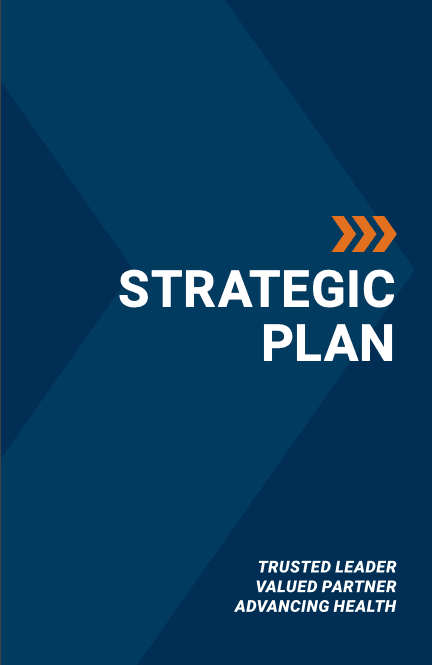
AAVMC Strategic Plan
The AAVMC Strategic Plan aligns us with our stakeholders' needs and expectations. It creates a blueprint that will help us reach and maintain high levels of performance, accountability, and achievement.

The AAVMC Strategic Plan aligns us with our stakeholders' needs and expectations. It creates a blueprint that will help us reach and maintain high levels of performance, accountability, and achievement.